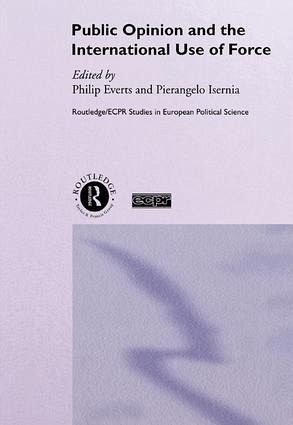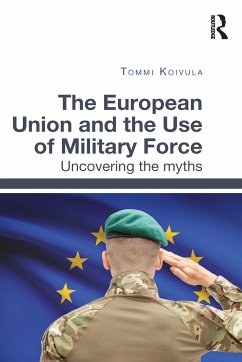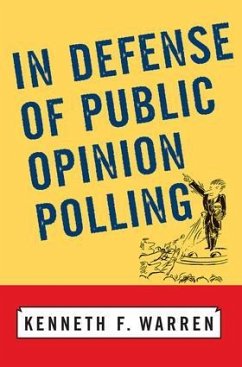
Public Opinion and the International Use of Force

PAYBACK Punkte
30 °P sammeln!
Recent years have witnessed a growing interest in the relationship between public opinion and foreign policy in Western democracies. This international board of contributors examine the ways in which the connection between public opinion and the use of military force has developed since the end of the Cold War. In doing so, it also addresses the crucial and topical question of whether, and to what extent a democratic foreign policy is possible.














